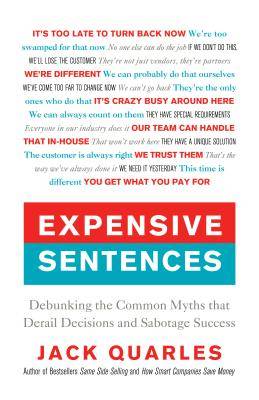
Although it may seem simple, the first challenge for a workplace manager in handling an employee harassment complaint is recognizing when a complaint has been made.
A male employee who is uncomfortable with ethnic jokes made by co-workers or a female who believes that her supervisor is “overly friendly” are probably not going to make statements like, “I find those jokes to be racially offensive” or “My supervisor is sexually harassing me.”
A complaint is more likely to involve indirect phrases such as, “He’s making me uncomfortable” or “Steve told a joke that I didn’t think was funny.” When you don’t know the whole story, and these comments are made without any context, they might not be recognized as discrimination complaints. Employees often have a tendency to downplay the nature of a complaint, and they may even use qualifiers like, “Don’t make a big deal out of this” or “I don’t want to get anyone in trouble.”
Handling a complaint involves far more than simply taking note of the incident. If you know about discrimination in the workplace (either through observation or through a complaint), then the company is assumed to know, and both it and you can be held liable. Therefore, you have a duty to properly and immediately address the conduct.
Aside from the potential liability involved, the complainant may be distraught or nervous and require reassurance, the parties may need to be separated (or other interim action taken) during an investigation, and there could be concerns about retaliation.
Regardless of the nature of the complaint, reassure the person that coming forward was the right thing and that you’re taking the complaint seriously. Do not dismiss a complaint based on assumptions that it’s unfounded, even if a previous relationship, personality conflict, or other past events may affect your judgment about the credibility of a complaint.
You should also provide assurance that retaliation will not be tolerated, and remind the person that you need to know about any future discriminatory acts so the company can take further discipline or address the retaliation.
Document the complaint, even if the person complaining doesn’t want to make a written statement. Inform the employee that the company has a legal obligation to prevent and correct discrimination. If the employee still refuses to write anything down, you should take notes and document the statement.
Not all complaints will require a formal investigation, though a preliminary inquiry might be needed to establish the basics of the complaint and decide how to proceed.
In cases involving a single incident in which the offender does not deny the conduct (e.g., “yes, I said that, and I realized it was stupid”), a formal investigation might not be needed, and you can immediately take corrective action.
If a formal investigation is needed (at which point you should have human resources involved), certain steps must be taken to prepare for the investigation. You will need to identify who made the offensive action or comment, who else might have witnessed it or otherwise been aware of it, and how to handle the situation until the investigation is completed.
It is important to remember that your response to the initial complaint will lay the foundation for how the person complaining perceives your actions in preventing further conduct and providing a workplace free from harassment and discrimination. If you do not appear to take the complaint seriously, that person may believe the process is not effective and it could result in liability for your company.
— Kyra Kudick is an associate editor at J. J. Keller & Associates Inc., a nationally recognized compliance resource company that offers products and services to address the range of responsibilities held by human resources and corporate professionals. Kudick specializes in employment law and human resources issues such as employee relations, hiring and recruiting, and training and development. She is the author of J.J. Keller’s Employee Relations Essentials manual and SUPER adVISOR newsletter. For more information, visit www.jjkeller.com/hr and www.prospera.com.






